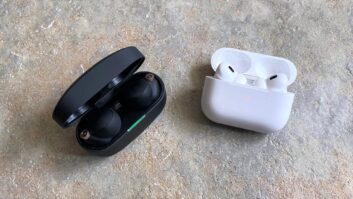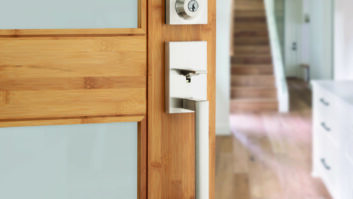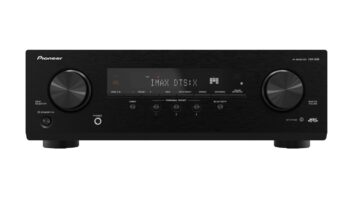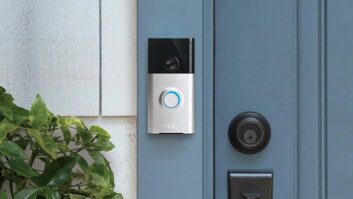
A new Bluetooth specification due late this year or early next will boost range, speed, and broadcast-message capacity to enhance Bluetooth’s capabilities in home- and building-automation systems and in other Internet of Thing (iOT) applications, the Bluetooth Special Interest Group (SIG) announced.
The spec, called Bluetooth 5, could also be used to deliver location awareness to help consumers navigate inside buildings and on building campuses. In commercial settings, it could also be used in beacons to deliver information to people’s phones, all without requiring users to manually pair devices,
The spec is separate from a Bluetooth mesh-network standard that’s in development and due in the second half of 2016. The mesh standard will enable hub-less home-automation systems incorporating Bluetooth to compete with hub-based ZigBee and Z-Wave mesh-network systems.
Bluetooth 5 will “propel the adoption and deployment of beacons and location-based services in the home automation, enterprise, and industrial markets,” the SIG said. It will be particularly useful in situations in which navigation and pin-point location are important, such as navigating inside airports, tracking warehouse inventory, and emergency-response situations, the group added.
Range will increase four times from the 50 meters of the current Bluetooth 4.1 spec, also intended for low-energy IoT applications, said Errett Kroeter, the SIG’s marketing VP. And data speeds will double to 2Mbps from 1 Mbps without increasing energy consumption. Broadcast-data capacity will grow 800 percent to broadcast “a much richer set of information,” added SIG executive director Mark Powell.
Backward compatibility: Bluetooth 5 devices will be able to connect and communicate with Bluetooth 4.1 devices, but the 4.1 devices might not be able to take advantage of the new speed or range features of 5, said Kroeter.












